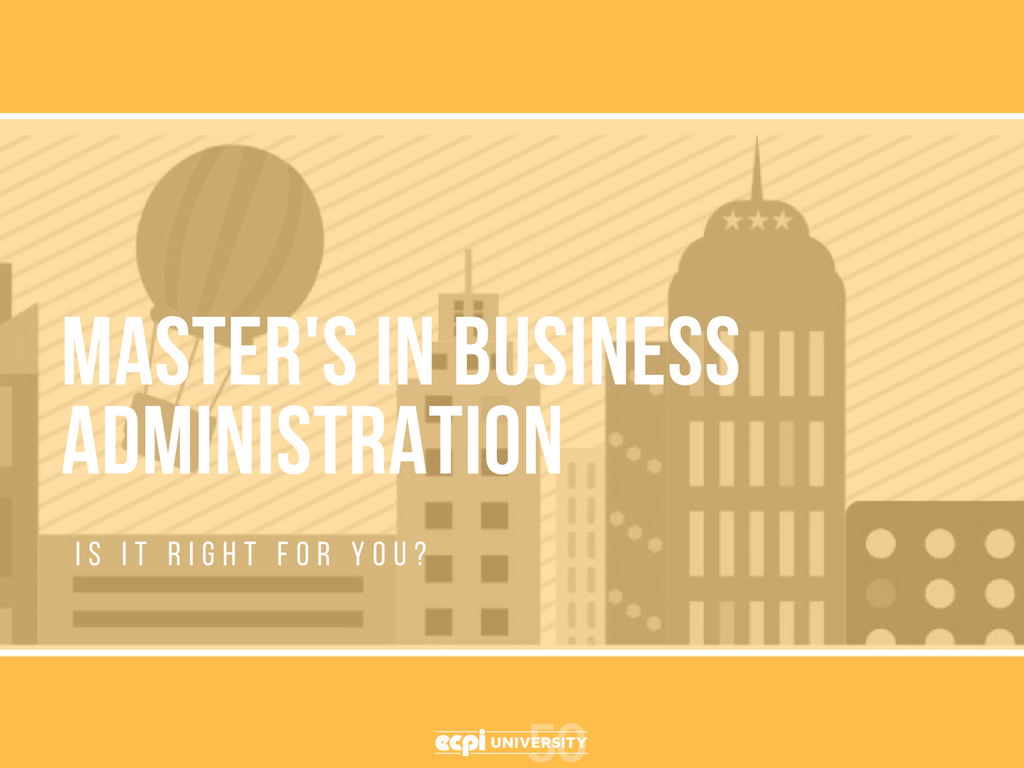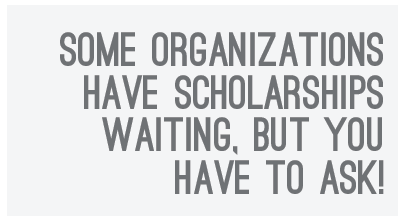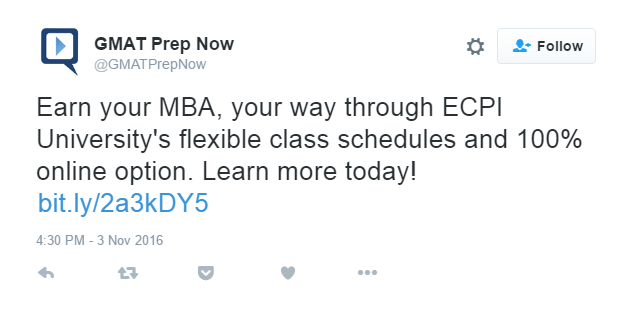Paying for an MBA: You have Options
Have a knack for knitting? You could snag a Beans for Brains scholarship from Jimmy Beans Wool. Weird scholarships exist throughout this great country. Scholarships—weird or not so weird—could be one way to pay for your MBA. With brick-and-mortar schools charging an arm and a leg and a couple of toes for MBAs these days, paying for an MBA is a major part of your challenge.
Silver Spoons
For the elite set born with silver spoons in their dainty mouths, typical MBA costs may provide little more than a speed bump. Website Poets and Quants found four schools whose MBA programs topped $200,000:
- New York University’s Stern School of Business—$206,470
- University of Pennsylvania’s Wharton School—$200,908
- Stanford University’s Graduate School of Business—$210,838
- Columbia Business School—$199,648 (This does not include the optional “study tour,” the cost of which would put the program above $200,000)
If, by chance, you do not have unlimited funds (and perhaps got a nosebleed from reading those sticker prices), you have other avenues to funding your MBA. You could seek an MBA online, where you could spend around $27,000 for a 15-month accelerated program. You could pick a hybrid model, and spend somewhere north of $27,000 but definitely less than $200,000. You could find funding sources separate from the schools, too.
Employer Programs
Many companies will help pay for your MBA. In return for a specified amount of time working at a firm, the company pays the full bill. Other companies partner with you, sometimes offering low-interest loans that are then deducted from your paychecks over time.
If your company does not yet offer this benefit, you may need to sell it on paying for you to attend school. Point out the return on investment (ROI) a company gains when employees such as yourself learn practical knowledge that directly affects the company’s bottom line. Your company will get back far more than it paid by getting you educated.
Most (at least 59 percent) employers in 2013 offered graduate school reimbursement programs, says the Society for Human Resource Management (SHRM).
About Those Scholarships
Sure, you have heard about the quirky undergraduate scholarships available every year:
- You have the last name Zolp and you are in at Loyola University
- The Billy Barty Foundation pays short students (under 4’-10”) to attend school
- The United States Bowling Congress Scholarship
We could go on, but scholarships are also available for serious-minded MBA students. Some business schools and organizations have scholarships waiting, but nobody is asking. Look on school websites, call the admissions office, or browse the internet for available money. The website GoGrad.Org has dozens of listings up to $10,000—more than a third of an online MBA’s cost! Organizations have scholarships waiting, but you have to ask.
Federal Loans
Federal loans are not as good as grants and scholarships. The sticker shock of a first tuition statement can be a lot easier to take knowing the full faith and credit of the U.S. government has your back.
With federal loans you have two options:
- Federal Grad PLUS Loan
- Direct Subsidized and Unsubsidized Loan
Direct subsidized and unsubsidized loans are sometimes called Stafford Loans. In return for taking you on as a loan risk, the U.S. government charges interest—often more than you will find with some private lenders—that adds to your overall cost over time.
Private Loans
Taking on debt from a private lender for an MBA is seldom your best, first choice. If you must borrow, begin with credit unions, savings and loans, or community banks. These usually offer lower interest rates than national banks.
Your 15-month or two-year education may require a decade to pay off. This means you need to be hawk-eyed for interest rate differences. Every quarter of one percent in interest adds up fast, since interest compounds on interest.
In most cases, your lender will offer a personal loan, not staking your car or home as collateral against the borrowed money. This means you can expect to pay higher interest rates due to the higher risk the lender is taking with no collateral.
For-Profit Schools
Many less than reputable for-profit schools have gotten students ensnared in endless loan repayments for their educations. Reputable (and accredited!) schools will work with you, because their reputation is more valuable to them than the chance to fleece a few students.
ECPI University
Interested in learning more about earning an MBA? Download our free whitepaper, Is an MBA Worth It? to start your journey toward an advanced business degree. If you'd like to learn more about ECPI University's MBA program, be sure to contact an admissions advisor today to discuss your options. With online classes and an accelerated schedule, you could be achieving your educational goals from the comfort of your own home in less time than you think!
It could be the Best Decision You Ever Make!
DISCLAIMER – ECPI University makes no claim, warranty, or guarantee as to actual employability or earning potential to current, past or future students or graduates of any educational program we offer. The ECPI University website is published for informational purposes only. Every effort is made to ensure the accuracy of information contained on the ECPI.edu domain; however, no warranty of accuracy is made. No contractual rights, either expressed or implied, are created by its content.
For more information about ECPI University or any of our programs click here: http://www.ecpi.edu/ or http://ow.ly/Ca1ya.








